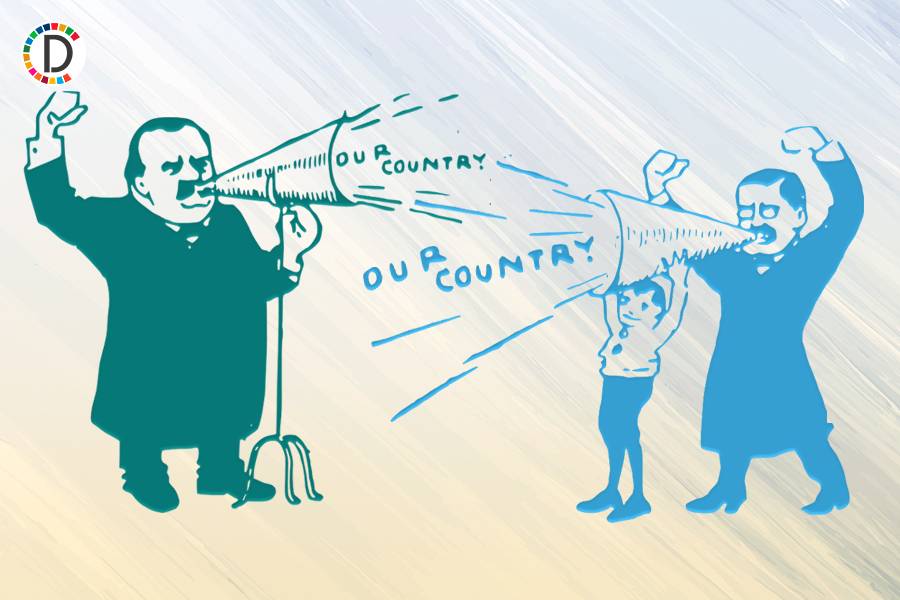Historic Shift in Somaliland: Cirro's Victory and the Quest for Recognition
Abdirahman Cirro, opposition leader in Somaliland, has won the presidential election, defeating Muse Bihi Abdi. This victory is pivotal for Somaliland, seeking international recognition. While Cirro backs a deal with Ethiopia for strategic gains, his potential dialogue with Somalia and stance on ties with China raise questions.

In a landmark political shift, opposition leader Abdirahman Cirro triumphed over incumbent president Muse Bihi Abdi in Somaliland's presidential election last week, according to an announcement by the electoral commission on Tuesday. This victory sets the stage for a transfer of power as Somaliland continues its quest for global recognition.
Having maintained de facto independence since 1991, when it broke away from Somalia, Somaliland remains unrecognized internationally, limiting its access to financial opportunities and travel for its citizens. Cirro, head of the opposition Waddani party, garnered 64% of the votes compared to Bihi's 35%, stated Musa Hassan, chairman of the Somaliland Electoral Commission.
Occupying a strategically significant location at the intersection of the Indian Ocean and the Red Sea, Somaliland views international recognition as achievable following a preliminary agreement with Ethiopia. This deal, offering Ethiopia a coastal strip in exchange for recognition, shows Somaliland's determination for global acknowledgment.
The region's stability contrasts sharply with Somalia, which has been engulfed in civil war for decades. While Cirro supports the Ethiopia pact, his willingness to execute it is uncertain, with some analysts speculating a potential shift towards dialogue with Somalia. The agreement has strained Ethiopia-Somalia relations, drawing Somalia closer to Ethiopia's rivals, Egypt and Eritrea.
Reactions to the election outcome have been mixed. Presidents of Somalia and Djibouti extended congratulations, highlighting a readiness for reconciliation talks. However, observers caution that governing demands might steer Cirro's approach towards a different path than his campaign promises suggested, particularly on matters involving Chinese influence.
(With inputs from agencies.)










